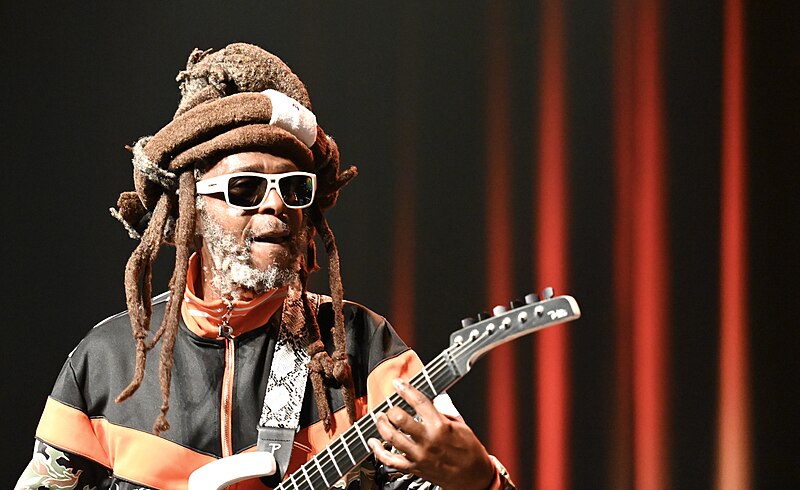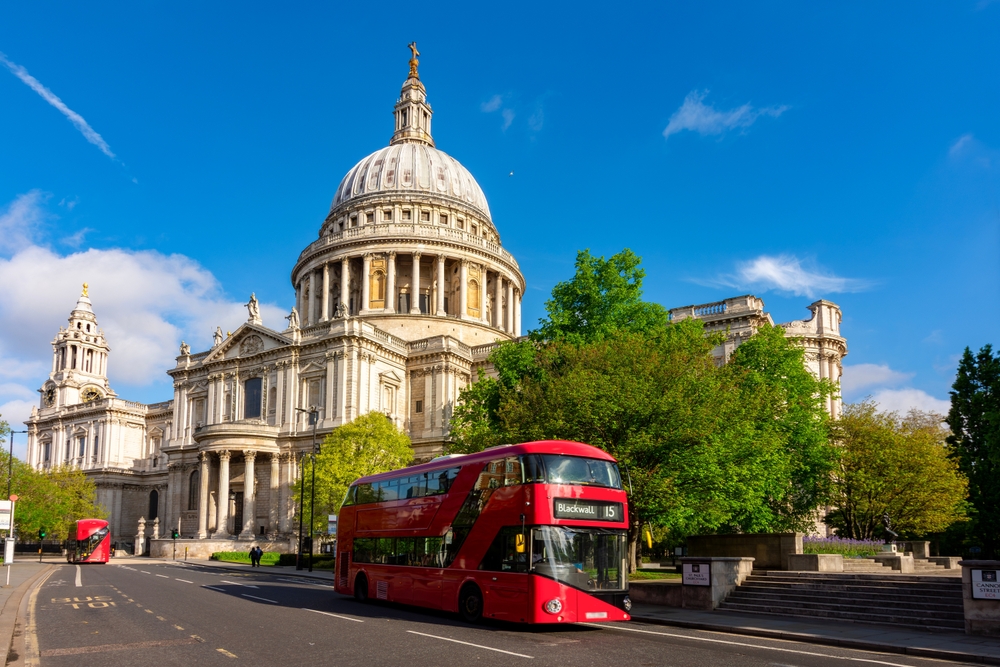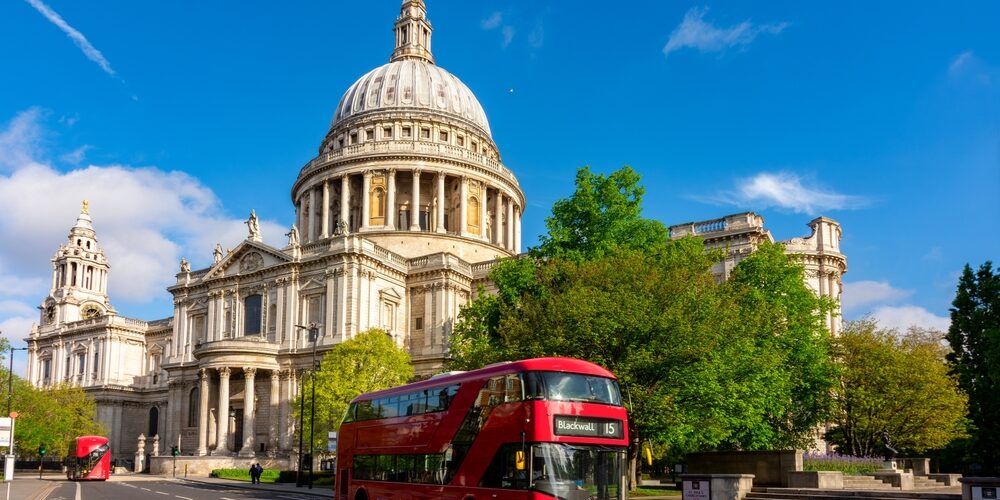Reggae music in the United Kingdom
Following an influx of different nationalities into Britain after World War II—known as the Windrush generation—major cities in the UK experienced demographic shifts, resulting in new forms of music and culture taking hold. Among them was reggae. In the latter half of the 20th Century, British reggae proved to be a powerful vehicle for urban artists looking to speak truth to power, while simultaneously commanding listeners with relaxing beats.
Reggae music might have originated in the Caribbean, but because of emigration in the post-war era, the music found a home in major cities throughout the world.
In Britain, reggae thrived throughout the ‘70s and ‘80s, particularly in the inner city areas of London and Birmingham. Here, artists created lively rhythms, while sharp lyricists penned songs that offered honest depictions of the lives they led in modern-day Britain.

Fifty years on, and British reggae remains a defining—and defiant—force in the story of British music, inspiring more recent music styles such as reggaeton, 2step, grime, and British rap.
Let’s take a look at some of the key British reggae artists of the era:
1970s and 1980s: Reggae’s Popular Awakening
Reggae was popular in the UK right from the start, with fans of all backgrounds getting into the music of Bob Marley, Jimmy Cliff, and others.
So it was no surprise that pioneering British reggae band Aswad became popular when they emerged on the scene—offering an inventive fusion of reggae with elements of rock and pop. Their song African Children drew attention to the plight faced by African communities—both in impoverished parts of Britain, and back on the continent. The track is one of the many British reggae songs to delve into themes of identity, heritage, and resistance—fusing the inherently laidback music of reggae with poignant social commentary.
Equally as popular was Eddy Grant, the Guyanese-British artist whose funk-pop-electronica fusion of reggae has had an incredible legacy. He is best remembered for releasing some of the highest charting reggae hits out there, including Baby Come Back and Electric Avenue. The latter song is perhaps the best example of a track that has stark social commentary—enveloped in a catchy pop beat. In many ways, Eddy Grant took stories of social inequality, the immigrant experience, and economic hardship—and brought them all into the mainstream.
From a more pop-oriented perspective, UB40 is an important group in British reggae. Emerging in the early 80s, UB40 (named after the Unemployment Benefit 40 form) were more deliberately mainstream than other reggae bands of the era; they covered Elvis and Neil Diamond songs, giving them a pleasing reggae slant.
The band was popular and still is today. With diverse group members (the ethnic make-up of the original line-up included English, Welsh, Irish, Jamaican, Scottish, and Yemeni) they also connected with a diverse audience.
Pulse and Resistance
Since British reggae first emerged in the 70s, the music has been as much about resistance and expression as it has been about the search for success in the industry.
Steel Pulse, who formed in 1975 in Birmingham, understood this. The band made music that was infectious in a inspiring way; their style felt uninhibited, free-spirited, and purely about self-expression. Their stand-out track Steppin’ Out is the best example of this. It’s a song written for the young generation in Britain that was arguing for change and voicing a desire for freedom. The track Soldiers, one of the bands most powerful and politically charged songs, highlights the human cost of war.
Another notable work from Steel Pulse is 1978’s Handsworth Revolution—the band’s debut album and the lead song from that album. The song draws its title from Handsworth, a neighborhood in Birmingham known for its diverse community. In the late 1970s, Handsworth became a focal point for racial tensions and social unrest, leading to the race riots of 1981; the fact that these riots occurred three years after the release of Steel Pulse’s debut album—and its predictive title—shows how reggae artists understood the hardships and lived experiences of their local communities.
Reggae Poetics and ‘Anti-Sus’
The Handsworth riots occurred at the same time as riots in Brixton, Leeds, and other parts of the UK. Much of the civil unrest stemmed from the enforcement of sus laws throughout the country. The term ‘sus’ refers to the ‘suspected persons’ law, which allowed police in the UK to stop and search individuals based on suspicion rather than probable cause.
This law disproportionately targeted Black people, meaning that it was primed for singers and poets to rail against in their music and lyrics.
A poet who spoke out against the injustice of sus was Linton Kwesi Johnson, a pivotal figure in the British reggae scene. Renowned for his unique blend of poetry and music (as well as his staunch activism), Johnson’s work chronicles the Black British experience.

Johnson’s defining legacy has arguably been his incorporation of unique vernacular and patois into his music. His resistance poems/songs are written in a style far removed from typical English Received Pronunciation. He is one of the many British reggae artists who offer a window into the collective British experience.
His song Sonny’s Lettah is a noteworthy ‘anti-sus poem’, while Street 66 articulates the sense of alienation felt by Black immigrants and their descendants in Britain, and depicts their anger and resilience against police raids under the sus laws.







